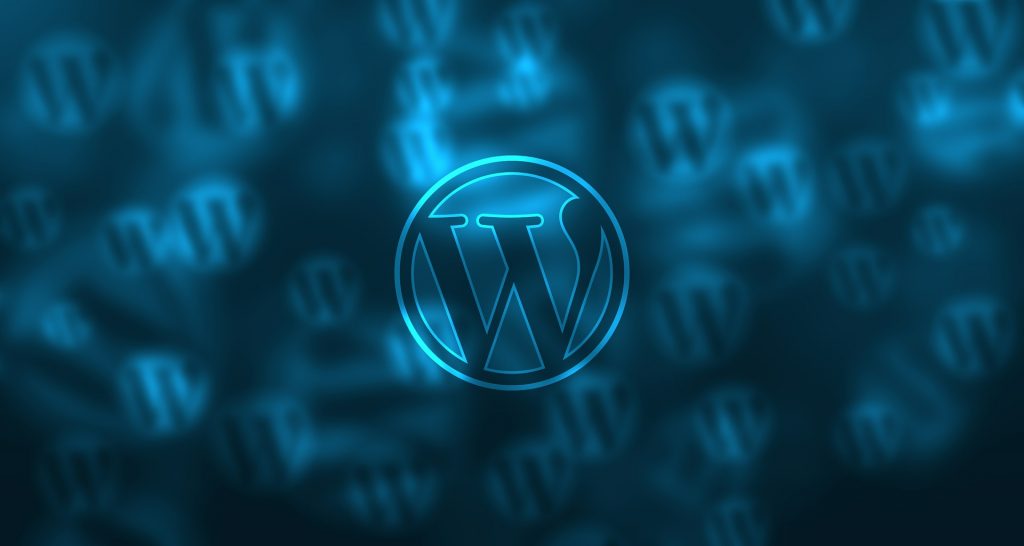Is your WordPress site having a slow loading speed? Speed up your WordPress Website with these few easy tips! A speedy loading page not only provides better user experience, it also helps in WordPress SEO and increases your conversion rate.
In fact, a 1-second delay in page loading time can result in a 7% reduction in conversion, and every second delay of loading time counts in effecting page abandonment. According to another study conducted by Walmart Labs in year 2012, every 1 second improvement in page loading time will result in a 2% conversion increase.
Image Optimisation
Resize and compress images using a plugin such as WP Smush. Have you noticed how big your image size was? Big images affect your page loading speed. WP Smush is a plugin in WordPress that bulks any image in any director, converts.PNG files to. JPEG files and even re-scales images to reduce image size. Click this Smush Plugin to know more. If you prefer not to use any plugins to make your website heavier, you may consider uploading using TinyPNG and your images will be automatically compressed to an appropriate size without affecting too much on the quality of the images.
Caching
Use a cache plugin like W3 Total Cache or WP Super Cache. Caching in a site means the information, data, images, and so on are stored on a storage, that way, every single visitor won’t be requesting everything from your server each time. It helps reduce page loading time drastically because visitors don’t have to load everything again. This enables websites to appear faster on your screen. Furthermore, the cache files and data that are useless will be cleaned to ensure a faster speed.
Content Delivery Network (CDN)
Turn on a CDN such as Cloudflare or MaxCDN. CDN is about distribution of your website files to a network of multiple servers. Your static files are duplicated to different servers over the globe, which in turn provides better data transfer no matter where your website visitors are located.
Web Hosting
Using the right Web Hosting Plan can affect your website loading speed tremendously. Consider using Dedicated Hosting or VPS if your website traffic keeps on increasing. It is very important to choose a web hosting plan that truly suits your needs. If you run a website which has a high traffic and secured data transmission, Dedicated Hosting or VPS should be your first choice even it is costlier compared to shared hosting.
Optimise your Plugin
Don’t guess, use P3 (Plugin Performance Profile) Plugin to test your plugins and optimise them. It captures information of all of the plugins installed on your WordPress Websites and provides measures, reports and the impact on the loading time of your websites. Using auto scan and manual scan, it enables your WP website to perform significantly faster.
Database Optimization
Clean up and optimise your database using WP-Optimize plugins. Optimising your database cleans up unwanted data and reduces database size so that your website loading speed can be improved. Unwanted data such as post revisions, spam, trash and so on can clutter your storage.
Test your website speed
Test with tools like Pingdom and GTmetrix. Both plugins give your insight into how your site loads and provide actionable recommendations on how to optimise it. You can track your website status and page loading time with the alerts you receive from Pingdom and GTmetrix. Optimise your website with these great tools.
A better user experience towards your website affects impressions, click, and conversion rate of your online business or blogs. Don’t let your visitors tire while waiting for your page while loading, try out these 7 tips to speed up your website right now.


